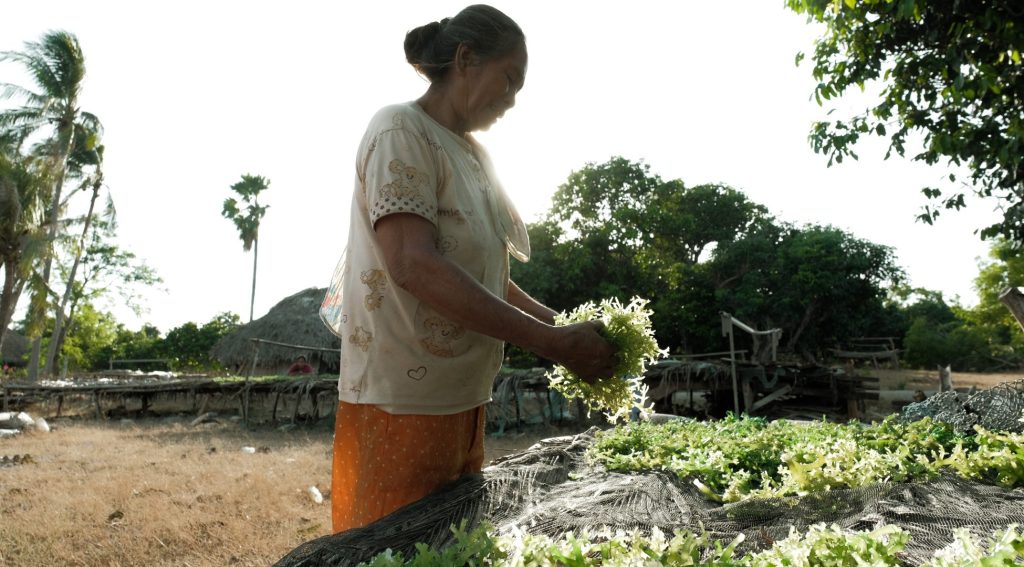The Asian Development Bank (ADB) and the United Nations Development Programme (UNDP) have signed a joint initiative to accelerate the localization of sustainable development goals (SDGs) across the Asia Pacific.
Through this initiative, UNDP and ADB aim to empower local actors, foster multi-stakeholder collaboration, and align policies with local priorities to drive systemic change that strengthens governance, enhances public services, and addresses interconnected challenges.
By applying systems thinking, innovative governance, and human-centered design, the initiative strengthens public-private partnerships, accelerates local development, and supports co-creation with communities to develop solutions to ensure no one is left behind.
By 2030, the Asia Pacific region is projected to achieve only a third of the progress needed to meet the SDGs, with current trajectories falling 32 years behind schedule.
According to UNDP, much of this gap stems from challenges at the local level, where policies and services often fall short.
Localization—integrating development efforts into local planning, governance, and service delivery—helps bridge this gap by aligning governance and services with local needs. It influences 65% of SDG indicators, making it key to accelerating progress, UNDP said in a press release.
“Our two institutions will be joining forces to meet people’s needs and respond to national priorities ranging from climate action to resilient cities and improved public services,” said Christophe Bahuet, Deputy Regional Director, Asia and the Pacific, UNDP.
Navendu Karan, Director, Public Sector Management and Governance Division, ADB, highlighted the importance of collaboration in addressing critical challenges facing countries across the Asia Pacific region. “Subnational governments play a crucial role in delivering public services that are closely linked to the SDG targets and indicators. Nearly two-thirds of these targets are related to subnational governments. By creating an enabling environment for SDG localization, we aim to support subnational governments in integrating these targets and indicators into their programs, projects, plans, and budgets, thereby facilitating the implementation of the SDGs,” he said.
This initiative builds on UNDP’s proven portfolio approaches, leveraging innovative tools to design integrated interventions that tackle complex development challenges.
Notable successes include Social Innovation Platforms (SIP) in Thailand, Indonesia, and Pakistan, which tackle development challenges through multi-level, interconnected portfolios co-created by local actors. In Indonesia, for example, the SIP approach has been integrated into the annual village planning process (Musrenbang), enabling communities to actively shape local development and budgeting.











